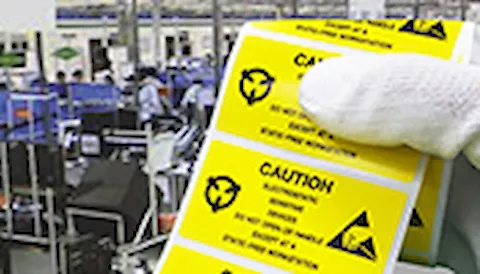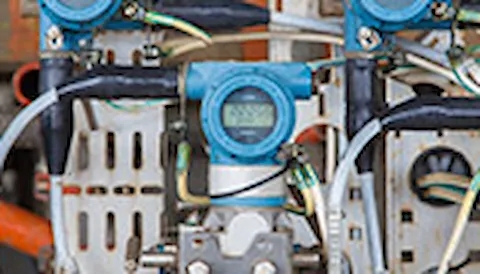RC14001 & RCMS
An RC14001 or RCMS® certificate provides proof that your Responsible Care Management System® has been independently evaluated against a best practice standard and found compliant. This certificate lets customers know they can trust that you are actively managing your operations and products as well as responding to all stakeholder's concerns.
RC14001 (Responsible Care® 14001) is a Technical Specification which combines the elements of the American Chemistry Council’s (ACC) Responsible Care® initiative with ISO 14001 (International Organization for Standardization (ISO) 14001 Environmental Management System with Guidance for Use). RC14001 is an accreditation offered by ANSI National Accreditation Board (ANAB) and the management system must be third-party certified by an ANAB approved, independent, third-party registrar.
RCMS® (Responsible Care Management System®) provides a formal structure for the Responsible Care Codes of Management Practices. The RCMS® can be viewed as a tool for companies on "how" to manage their Responsible Care® activities. The RCMS® is intended for implementation throughout ACC member and partner companies’ organization (that part of U.S. operations corresponding to their ACC dues). The RCMS® must be certified through an approved, independent, third-party audit provider performed by certified RCMS® auditors through Global Exemplar.
Key components of RC14001 and RCMS® include:
- Policy
- Planning and goal setting
- Definition of roles and responsibilities
- Monitoring and measurement
- Corrective and preventive actions (root cause analysis)
- Management review
- Performance improvement
- The RC14001 Technical Specification and RCMS® Technical Specification are the only auditable documents.
- All ACC member companies will be required to conduct audits of their headquarters structure and a sampling of their manufacturing sites during the period 2020-2022 either to RC14001 or RCMS®. (Both may be implemented, but this is optional).
- As a minimum the headquarters (HQ) and an appropriate sample must be certified by the end of 2022.
- A new certification cycle (and new audit sample) for RCMS® or RC14001 will commence in 2022. It is possible that some adjustments to this cycle could be granted for RC14001 to take into account accreditation body and ISO requirements.
RC14001 requires a two stage certification process. Stage 1 is an Initial Visit addressing requirements in ISO/IEC 17021-1. Stage 2 is the certification audit and subsequent periodic audits. A review of the RC14001 documentation is required either during the initial visit or separately (off-site) prior to the certification audit. Companies may elect to conduct an RC14001 Pre-assessment in lieu of the Initial Visit. It is recommended, but not a mandatory requirement, that the time duration between the document review/readiness check/pre-assessment and the initial (certification) audit should not exceed 3 months. On-going periodic audits are to be carried out within a 6 or 12 month period from the date of the initial certification audit. An HQ audit must be included in each certification cycle, along with a sample group of individual sites (manufacturing facilities).
RCMS® certification does not require an on-site initial visit. RCMS® certification requires an initial "document review" of the RCMS® documentation. Subsequently, an on-site certification audit is required. RCMS® does not require periodic review audits. Recertification of the RCMS® is required at the end of the 3rd year. A company may elect to conduct optional periodic audits and/or conduct an optional RCMS® pre-assessment prior to the certification audit. It is recommended that companies follow the same timeframe as RC14001, although it is not mandatory. There are no “periodic audits” (surveillance audits) required under RCMS® procedures, although a company may elect to perform them as an optional activity. An HQ audit must be included in each certification cycle, along with a sample group of individual sites (facilities).
Where do I go from here?
For third party certification, you need to implement an effective Responsible Care® 14001 Management System complying with the requirements of the Standard. The first step is to get on the road to certification.




